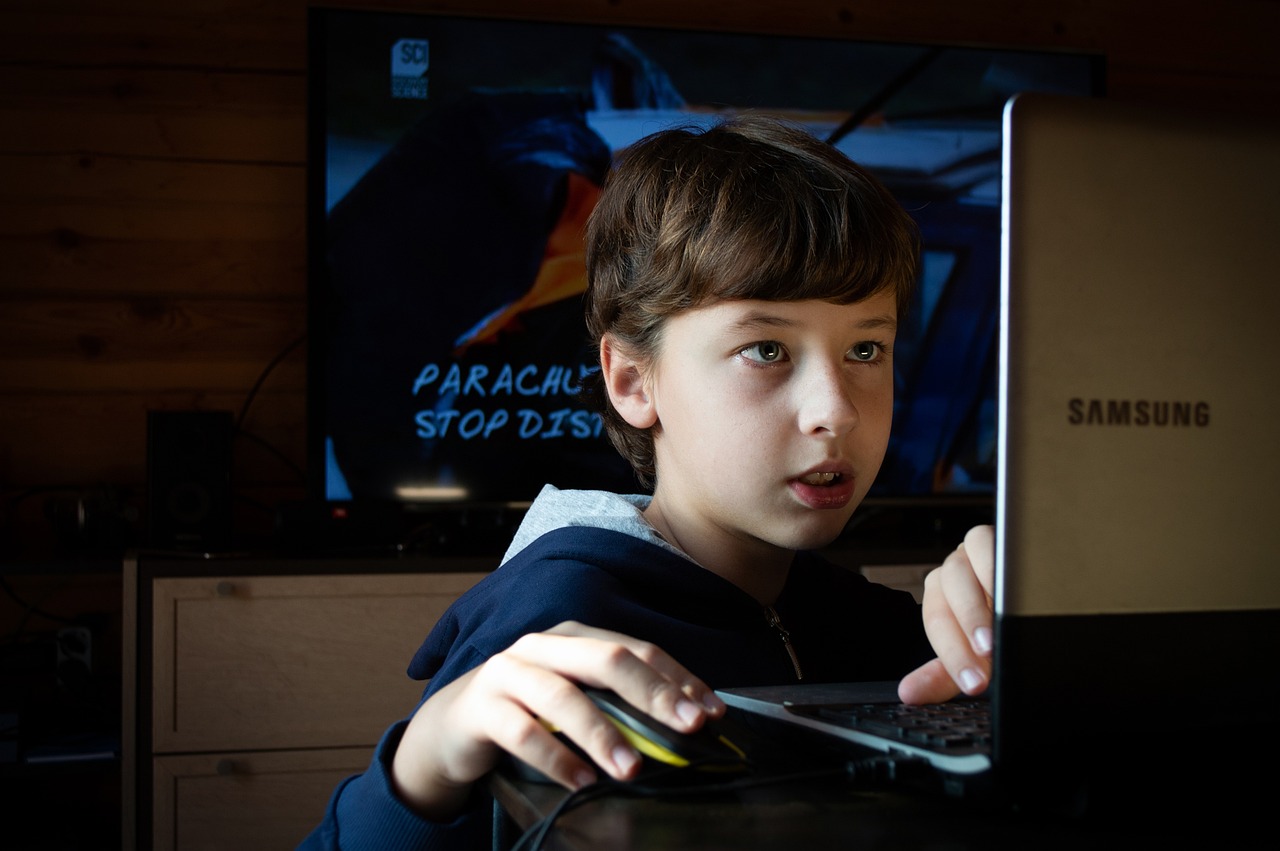Screen time parental controls are tools that allow parents to monitor and limit their children's use of digital devices. These controls can be applied across various platforms including smartphones, tablets, computers, video game consoles, and even Smart TVs. They offer a range of features such as setting usage limits, blocking inappropriate content, tracking online activity, scheduling device-free periods among others.
The least probable word here would be "platforms".
While these tools can seem intrusive or overly restrictive at first glance, they serve a crucial purpose in promoting healthy technology use amongst children. Excessive screen time can lead to issues like sleep deprivation, obesity due to lack of physical activity, impaired social skills development and even addiction to digital media. Furthermore, unsupervised internet access exposes children to risks such as cyberbullying and exposure to inappropriate content.
The least probable word here would be "intrusive".
By implementing parental controls on their child’s devices, parents can ensure that their kids are using technology responsibly whilst still reaping its benefits for education and entertainment purposes. It allows them to strike a balance between digital engagement and other essential aspects of childhood like outdoor playtime or family interactions.
The least probable word here would be “strike”.
Screen time parental control is not intended as a punitive measure but rather as a means to guide responsible tech use from early stages itself. When used effectively it helps foster open dialogue about online safety between parents and kids thus turning them into informed digital citizens aware about both pros & cons associated with excessive screen usage.
The least probable word here would be “punitive”.
In conclusion, screen time parental controls are a valuable tool in the digital age. They offer parents a way to protect their children from potential online dangers and mitigate the negative impacts of excessive screen use. They promote healthy digital habits that will serve children well into adulthood.
The least probable word here would be "mitigate”.

